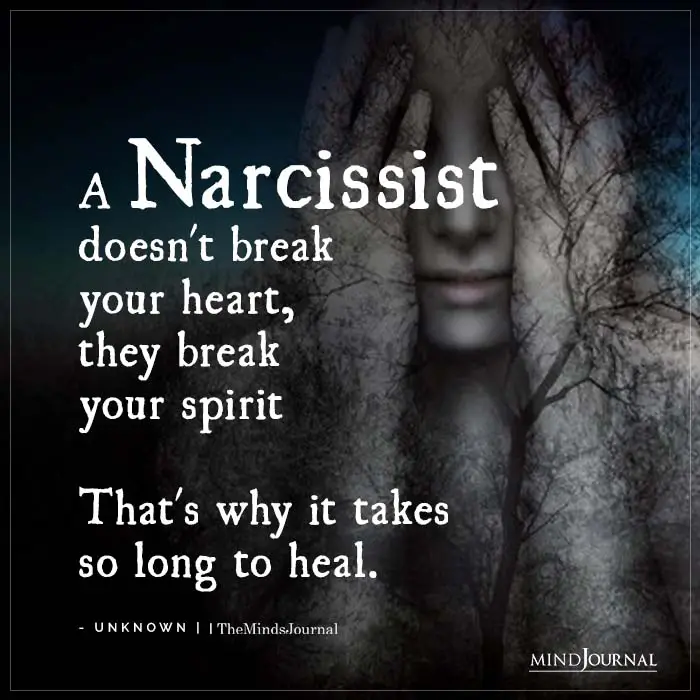Written by: Elinor Greenberg, Ph.D., CGP.
Have You Been the Victim of Narcissistic Triangulation? What you need to know when a third person is added to your relationship.
I am often asked about the relationship between triangulation and narcissism.
People want to know: Why did my mate bring a third person into our relationship? What did he or she gain from making me feel insecure? Am I being manipulated? Is my mate a narcissist because he or she is always comparing me to someone else or finding some way to drive a wedge between me and my friends or family? Are narcissists the only ones who use triangulation to get their way?
Note: In this article, I am using the terms narcissist, narcissistic, and NPD as a shorthand way of describing someone who qualifies for a diagnosis of narcissistic personality disorder. Similarly, I am using the terms borderline and BPD and schizoid and SPD as shorthand for someone who qualifies for a diagnosis of borderline personality disorder or schizoid personality disorder.
What is triangulation?
Triangulation in psychology is the name for a rather heartless form of manipulation in which one person seeks to control a three-person interpersonal situation for their own benefit. It often involves the use of threats of exclusion or strategies that aim to divide and conquer.
Who uses triangulation?
Anyone can use triangulation, not just people with a narcissistic personality disorder. You can see children and adolescents do it in school and on playdates in, particularly obvious and hurtful ways.
Example: 12-year-old Sara has two friends, Betty and Lindsey. Sara is the more dominant member of the threesome. She gets along well with both of them when they play one-on-one. However, when they are in school, she often pits them against each other in a mean way.
In the cafeteria at lunchtime, she tells Lindsey in front of Betty, “Come sit by me. I saved you a seat,” while pointedly ignoring Betty. Betty stands there, waiting to be acknowledged. But Sara continues to ignore her. Lindsey takes a seat and follows Sara’s lead and ignores Betty.
Betty says, “What about me?”
Sara says, “Maybe I will sit with you next time.”
What just happened?
Sara used Lindsey to solidify her dominance in the group and portray herself as a prize to be fought over. This is an example of the use of exclusion combined with a divide-and-conquer strategy.
Related: The Triangular Theory of Love
Why do people with NPD use triangulation?
People who have narcissistic personality disorder frequently use triangulation to enhance their feelings of superiority, raise their self-esteem, devalue other people, and keep potential competitors off-balance. They are not really that different than the children who use it to help navigate the status wars in middle school or the teenagers who vie for popularity in high school.

Example: Jean has a closet narcissistic personality disorder. Unlike exhibitionist narcissists who love the spotlight and want to be the center of attention, people with the closet narcissistic subtype feel too exposed and vulnerable to openly seek attention. They find more indirect manipulative ways of feeling special. Their version of triangulation is less overt and more devious.
Jean envies her co-worker Carol’s success. She feels very competitive with Carol but is much too afraid to openly sabotage her. Instead, she befriends Fran, who likes Carol, and sets about subtly alienating her from Carol by causing trouble between them.
She says to Fran, “I know you like Carol, so I want you to know something. Please promise me that if I tell you, you won’t ever tell Carol I said anything.”
Fran is curious and promises not to mention their conversation to Carol.
Jean says, “I haven’t known how to tell you, but I am really uncomfortable about how Carol talks about you behind your back. I have been so shocked by some of the things she has been saying about you to the rest of the team. I stick up for you, of course, but I thought you should know.”
Related: 3 Dead Giveaways Of How Narcissists Act In Romantic Relationships
What just happened?
Jean killed two birds with one stone. In true divide-and-conquer style, she alienated Fran from Carol and also made Fran believe that she is her only true friend. In addition, Fran is now acting uneasy around the rest of her colleagues, and they have no idea why. They have started to avoid Fran, further cementing Fran’s need for Jean.
That is narcissistic triangulation.
People with borderline or schizoid personality disorders also may use triangulation for somewhat different reasons than narcissists do.
How do people with BPD use triangulation?
People with borderline personality disorder are focused on getting reassurance that they are lovable and avoiding feelings of abandonment. They may use triangulation to manipulate a lover to feel jealous as a way of getting proof of their love or as leverage to get some form of commitment.
Example: Jim is madly in love with Marsha, who is a very needy woman with BPD. Marsha cannot really believe that anyone loves her, let alone Jim. She is more focused on getting proof she is loved than actually caring about the needs of the specific man with whom she claims to be in love.
When she met Jim, everything was blissful—at first. But no matter how Jim tried to reassure her, Marsha could not internalize the sense of being loved. Marsha kept devising new tests of his love for Jim to pass. When they had been dating for three months, Marsha wanted to get engaged. She believed that having a ring on her finger would be proof that Jim really loved her and would relieve her fear of abandonment.
However, Jim thought getting engaged after only knowing someone for three months was rushing things. He reassured Marsha that he loved her and that he hoped that their relationship would lead to marriage, but he also said that he wanted them both to have more time to get to know each other better before taking that step.
Related: Relationship Stages With A Narcissist or Borderline And Triangulation
Marsha felt rejected, and she immediately started another relationship with someone else. The first Jim knew that something was wrong was when Marsha posted pictures on social media of herself and another guy. When Jim confronted her and asked what was going on, Marsha said, “Well, he wants to marry me, and you don’t. He is ready to give me an engagement ring right now.”
Jim knew intellectually that he was being manipulated and that he should run for the hills, but he was emotionally too hooked to do the sensible thing. Instead, he proposed to Marsha then and there, and they went shopping for a ring.
When I last heard from Jim, it was because Marsha had upped the ante and was threatening to leave him for another man who (drumroll) was willing to move to another state and immediately buy her the house of her dreams.
What just happened?
Every time Marsha felt insecure, she used triangulation to get Jim to prove his love. It was never about acquiring material possessions. The whole point was to use Jim’s proofs of his love for her to fill an inner sense of emptiness that could never be filled.
How do people with schizoid personality disorder use triangulation?
People with SPD lack basic trust and are afraid of intimacy. They sometimes use triangulation to dilute the growing intimacy with their partner and create some safe interpersonal distance.
Example: My client Michael has SPD. He wants to be in an intimate relationship, but as soon as he is in one, he becomes frightened. Right now, he has been dating Rita for a year, and he has just agreed to move in with her.
However, the whole idea makes him very nervous. He is worried that he will feel trapped and under Rita’s control once they are living together. This has happened to Michael before. He often becomes attracted to a new woman just as he is committing to the one already in his life. Michael now decides that he is polyamorous. Before he moves in with Rita, he tells her that he needs his freedom to have sex with other people, and she can too.
Related: Schizoid Personality Disorder: What It Is And How To Treat It
What just happened?
The reality is that Michael’s polyamorous desires are not rooted in his sexual desires but are use of triangulation to dilute the intimacy of his romantic relationships. He feels a need to add a third party to the relationship to give himself a sense of control and some breathing space.
Punchline:
Triangulation is a strategy that is used by many different sorts of people who all have one thing in common: They feel insecure or overwhelmed and are willing to manipulate other people in hurtful ways to get more attention, sabotage a competitor, or feel safe in a relationship.
Related video:
Written by Elinor Greenberg
Originally appeared: Psychologytoday.com and is republished here with permission.









Leave a Reply
You must be logged in to post a comment.